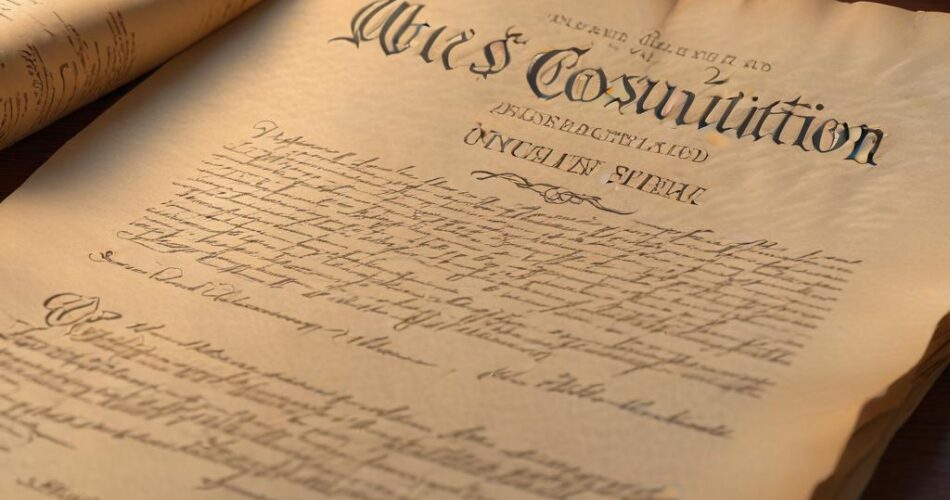The US Constitution, a document forged in the fires of revolution and imbued with the ideals of liberty, justice, and equality, stands as the bedrock of American democracy. This special blog post delves into the intricacies of this landmark document, exploring its origins, key provisions, and enduring impact on American society.
Genesis of a Nation
The Constitution emerged from the chaos following the American Revolution. The Articles of Confederation, the first governing document, proved inadequate, leading to a Constitutional Convention in Philadelphia in 1787. Representatives from 12 states (Rhode Island boycotted) gathered to address the shortcomings of the Articles and establish a stronger, more unified nation. The debates were heated and the compromises were many, but the outcome was the creation of a remarkable framework for self-governance.
Key Provisions and Principles
The US Constitution, with its seven articles, establishes a system of government based on the principle of separation of powers, dividing authority among the legislative, executive, and judicial branches.
Legislative Branch: The Power of the People
The Congress, composed of the House of Representatives and the Senate, is responsible for making laws. The House, based on population, represents the will of the people directly, while the Senate, with two representatives per state, ensures states’ interests are considered. This balance reflects the tension between national and state power, a defining feature of American governance.
Executive Branch: Enforcing the Laws
The President, elected indirectly through the Electoral College, acts as the chief executive, responsible for enforcing laws passed by Congress. The President also has a role in foreign policy, commanding the armed forces and negotiating treaties.
Judicial Branch: Guardian of the Constitution
The Supreme Court, along with lower federal courts, interprets the Constitution and ensures that laws adhere to its principles. This power of judicial review, not explicitly mentioned in the Constitution but established through Marbury v. Madison (1803), has shaped the course of American history.
Amendments: Adapting to a Changing Nation
The Constitution has been amended 27 times, reflecting the nation’s evolving needs and values. The first ten amendments, known as the Bill of Rights, guarantee fundamental individual rights, including freedom of speech, religion, and the press, as well as protections against government overreach.
Enduring Impact
The US Constitution has served as a model for many other democracies around the world, solidifying its status as a cornerstone of modern political thought. It continues to guide and shape American life, providing a framework for social progress, individual rights, and the pursuit of a more perfect union.
Understanding the Constitution is essential for every citizen, empowering us to participate in the democratic process, uphold its principles, and work towards a better future for all.
